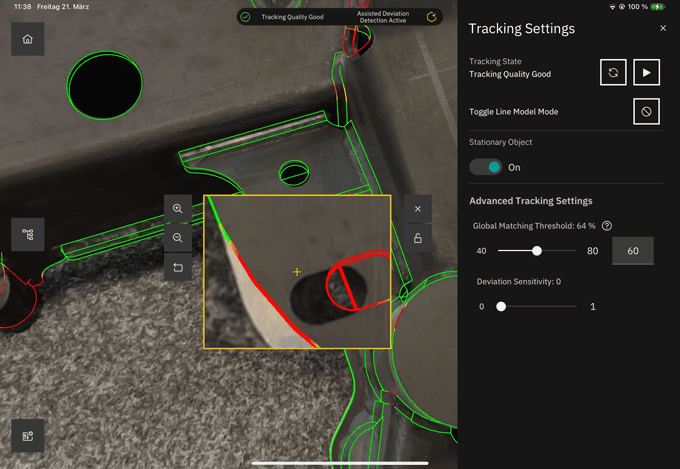Six AI trends for IT managers
Generative artificial intelligence (AI) has already led to radical changes - and this was just the beginning. Going forward, IT leaders should prioritize the opportunities and challenges that generative AI presents - from the way you work to how you evaluate talent and interact with customers.

- AI levels out traditional hierarchies: specialists have more opportunities to lead and grow
As a universally available technology, generative AI is leveling out hierarchies. People are increasingly selected according to their skills rather than their professional seniority. The right mix of skills for a project can be found at every level of the organization. Managers must reach all levels of the company equally in order to put together optimal teams in a project-oriented manner. Hierarchies become less important in this scenario, because instead of job title or seniority, a person's (AI) skills determine their "position" within a team.
- A new battle for young talent is emerging
The ongoing AI boom brings with it data protection concerns and budget cuts. This is fueling competition for talent in the areas of cyber and software development. At the same time, diversity in the workforce is increasing. A recent study conducted by Cognizant among business and IT decision-makers shows: Almost all (92 percent) of the executives surveyed believe that a highly diverse workforce will be necessary if they rely on generative AI in the future. 94 percent believe that the democratization of technology through generative AI will increase employment opportunities for underrepresented communities.
- Soft leadership skills are gaining in importance
As the AI technology landscape is constantly changing, both managers and employees must accept the unknown, evolve with it and recognize the synergies between human intuition and machine intelligence. Successful managers are able to gently help their employees to adapt, upskill and find their place in the new business world - for example through motivation, security, transparency and support.
- Specialized and orchestrated AI agents are omnipresent
Numerous agent-based AI systems will come onto the market in 2024. These systems are specifically tailored to certain industries and areas and focus on performing clearly defined tasks and streamlining workflows. The world of specialized AI agent systems will be an increasingly exciting area of application development: we will increasingly see AI agents performing critical and specialized tasks. These include updating CRM systems, analyzing and responding to audio recordings of customer service calls, activating a conversational interface for an ERP system, sustainable land use management or augmenting and improving marketing budget decisions.
- Generative AI improves purchasing processing and product range selection across all industries
Take financial services, for example: Generative AI can radically shorten the process of checking customers' creditworthiness and credit standing via specialized institutions, taking the shopping experience to a new level. Customers can get money faster and lenders can grant loans quickly and securely.
In retail, AI enables adaptive business architectures to offer new and rapidly scalable solutions that make omni-commerce, marketing and customer service more intuitive and personalized. For example, customers receive a personalized selection when searching for products, taking into account personal preferences and preferred styles.
- Regulated industries can detect fraud more easily and ensure compliance
Companies are increasingly looking to augment current fraud and compliance tools with AI techniques. AI can more easily detect anomalies (such as identifying suspicious activity or gaps between new policies and current implementations) and improve "explainability" (such as generating documentation needed for audit trails). In the financial services industry, generative AI helps companies adapt to changing compliance requirements and better identify potentially fraudulent behavior.
These AI trends show how comprehensively the use of generative AI will change the business world. Many areas that still manage without AI today will use it in the future. AI can relieve people of tedious, administrative and mechanical tasks, but also make highly complex systems controllable. For managers, this means that they don't have to ask themselves whether they can use AI in a particular area, but rather how they can use it.
About the author: Gregor Bieler - Head of Central Europe at Cognizant.
Source: www.cognizant.com









